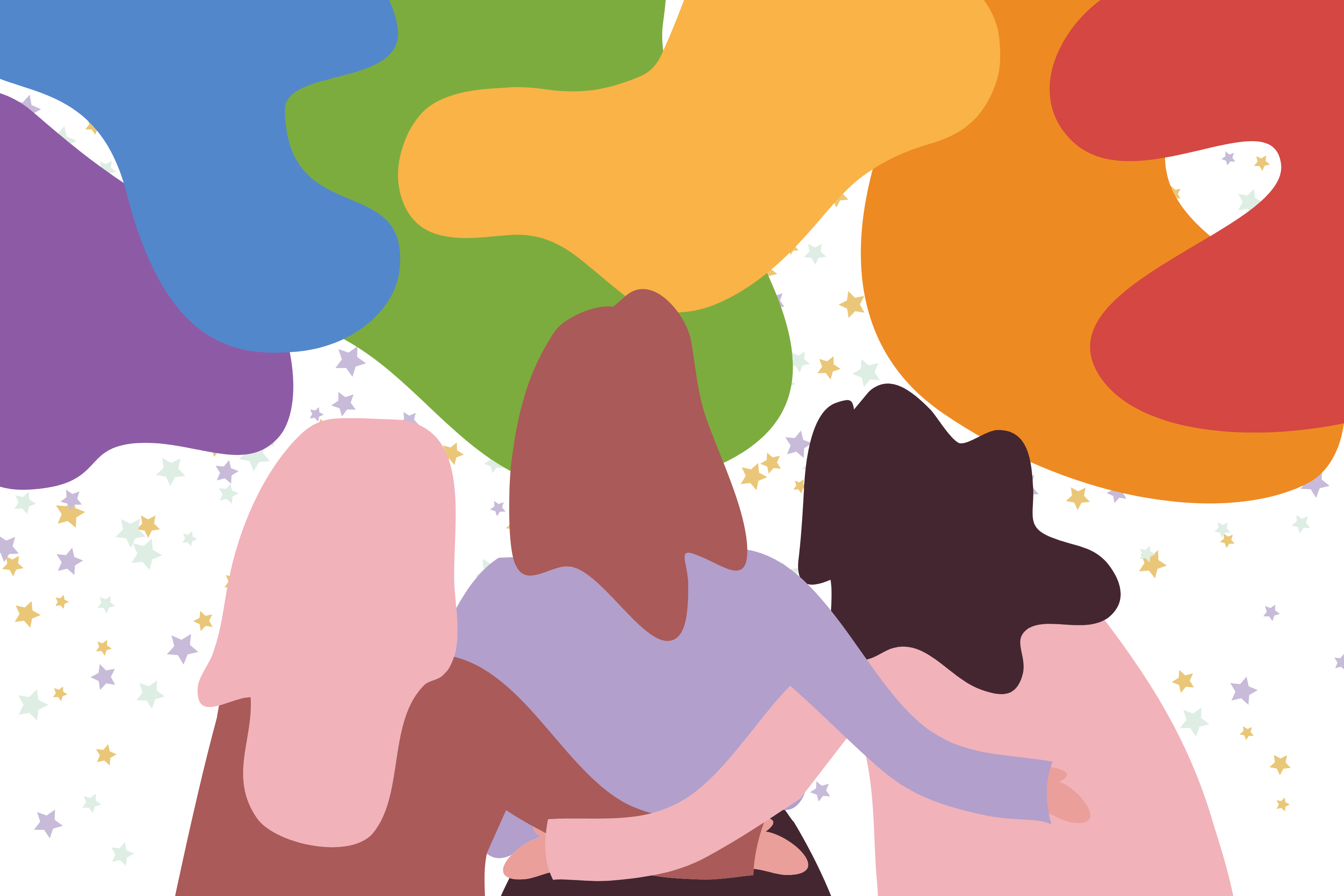For progress to be made, it takes more than queer resilience and supportive communities. We need allyship in its truest sense, such that is not apathy, performative support, or tokenization.
Personally, I have struggled to find kinship in those who are not POC and/or queer as the majority of my social circle is queer. For those select few who are not, I hold them close to my heart because good allies are few and far between. For those who can never see the world from my lens yet stand by my side, understanding and seeing me as I am, I so very treasure their support.
So, what does it mean to be a good ally?
In a society where cisheteronormative conventions are still very much prevalent, the thought of “your life, your business” is not going to cut it. Apathetic “allyship” disguises itself as a disregard for social conventions, but within the context of our world, underneath the wool lies an actual disregard for equity and justice.
Allyship means caring about other people at its core: addressing points of oppression that do not affect you and being vocal and active against it in solidarity with marginalized groups. Not because of good optics. Not because you want to seem well-informed. Not because it absolves you of judgement. Performative activism does not constitute an ally.
Start by deconstructing the social constructs and norms you were taught. Unlearning dualistic thinking is required when it comes to understanding people’s identities.
Sexuality is a spectrum and is fluid. While some people may find comfort in labels as a way of understanding themselves, others may feel constrained by boxes. It can take time for a person to discover it and it can change over time.
Gender is also a spectrum and is fluid. Gender presentation does not necessarily reflect one’s pronouns or gender identity. Never think to assume someone else’s identity based on stereotypical notions or perceptions. Asking is simple and respect is necessary.
When we stop demanding rigid categorization is when we can revel in the full humanity of a person.
Put in the work.
It is up to allies to take the initiative to educate yourselves if there is something you would like to know more about. Queer people do not exist to provide you with their free efforts and labour at your convenience. That said, there is a huge distinction between asking questions and expecting us to do the work for you; please do the former.
Make space for us.
As allies, that means creating spaces where we feel safe and comfortable around others. Chances are, you do know a queer person whether or not you think so. Making space for us also means making space for us as people, not collectibles. Your prowl for a gay best friend isn’t the allyship you think it is.
We don’t exist as tokens to accessorize your person, nor as your proof of diversity within your friend groups.
Listen to us.
And I mean listen. Sometimes, it is nice to have an ally standing by our side when we are faced with homophobia, transphobia, or any other forms of discrimination. And sometimes, we can fight our own battles and we don’t need every instance to turn into a draining debate. Standing up for us is nuanced and differs based on the context of the situation. It is very different from speaking over us.
Finally, most importantly, see us. All of us.
Not just the queer people who are one intersection away from your identities. Not just the queer people who don’t disrupt the status quo. Stand up for, make space for, and listen to queer BIPOC, queer disabled people— the list goes on.
Everyone is unlearning all sorts of social conditioning, and at least in terms of sexuality and the social constructs of sex and gender, we have lots to say.
And I for one, would be honoured if you joined me on this journey.


